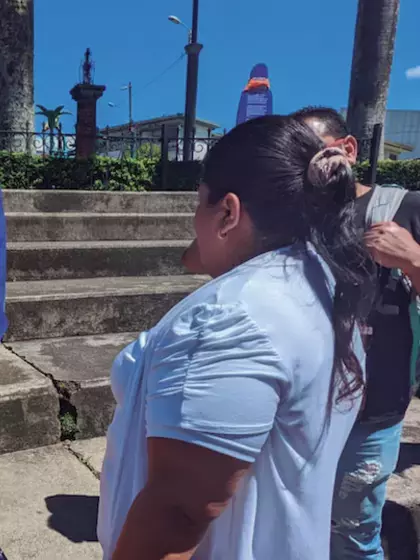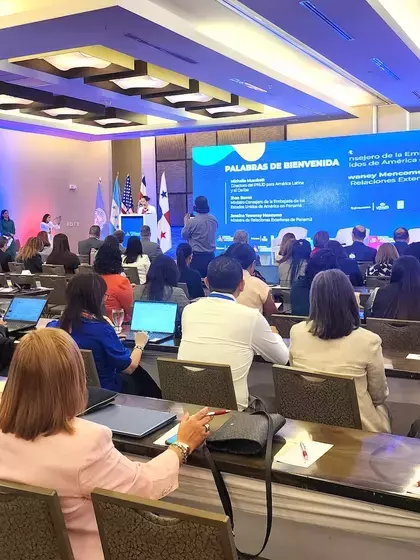The involuntary cycle of migration

2022 had barely begun when a new caravan of migrants left San Pedro Sula, Honduras, on its way to the United States. Fathers, mothers, young people, boys, girls... entire families, in some cases, broken homes in others. Most of them without any document whatsoever. Since 2018, thousands have left Honduras, as well as Nicaragua, El Salvador, Guatemala, Venezuela, Haiti or Jamaica and joined one of these spontaneous, north-bound human caravans, fleeing poverty, but also the insecurity in their countries.
The data is appalling. In 2021, the total count was 43 million Latin American migrants, representing 15% of the total number of migrants (281 million) worldwide, in a region that accounts for only 8.2% of the world's population. More than 700,000 migrants were in transit between the countries of the North of Central America and the United States. The number of internally-displaced Latin Americans fleeing disasters or conflict reached 18 million people. Refugees numbered around one million. Almost the same number of people have been deported from the United States to Guatemala, Honduras and El Salvador since 2016. Migration from Central American countries to the north continues to be a significant trend.
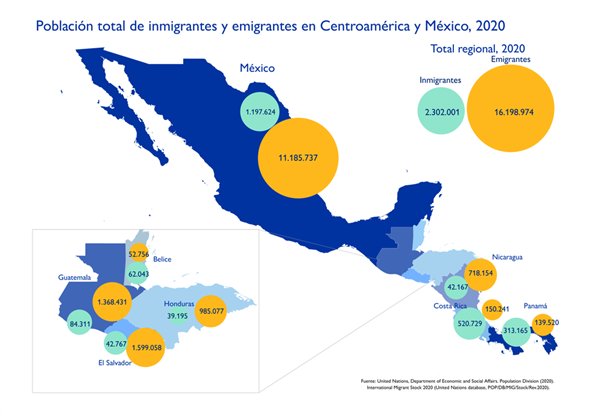
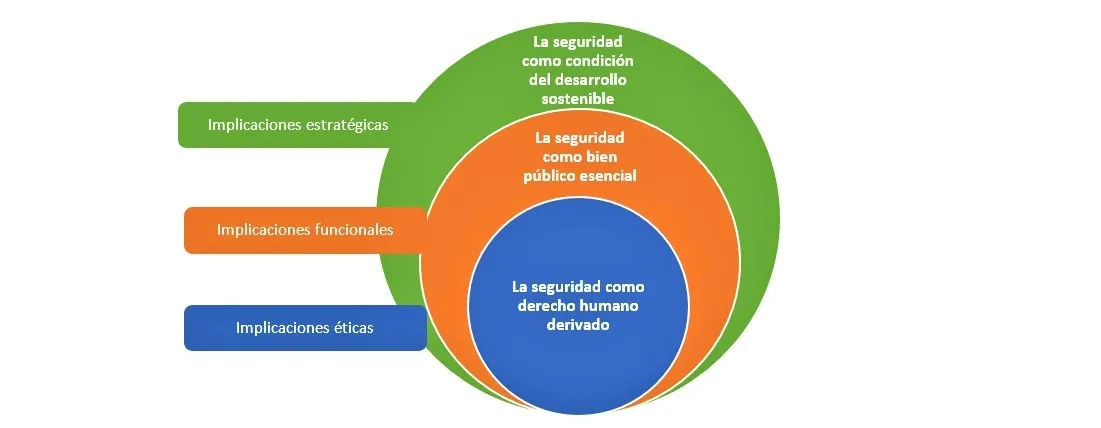
Involuntary human mobility, that is, displacement, emigration and return, is multi-causal and its expression is not consistent in different territories. The structural needs of the region, along with risk factors of violence, socioeconomic opportunities and family reintegration determine human mobility.
Information from various sources shows there are numerous motives that lead to the decision to migrate. Violence is one of them. Being a victim of crime almost doubles the intention to migrate. Women victims of offences against their integrity exhibit greater intention to migrate.
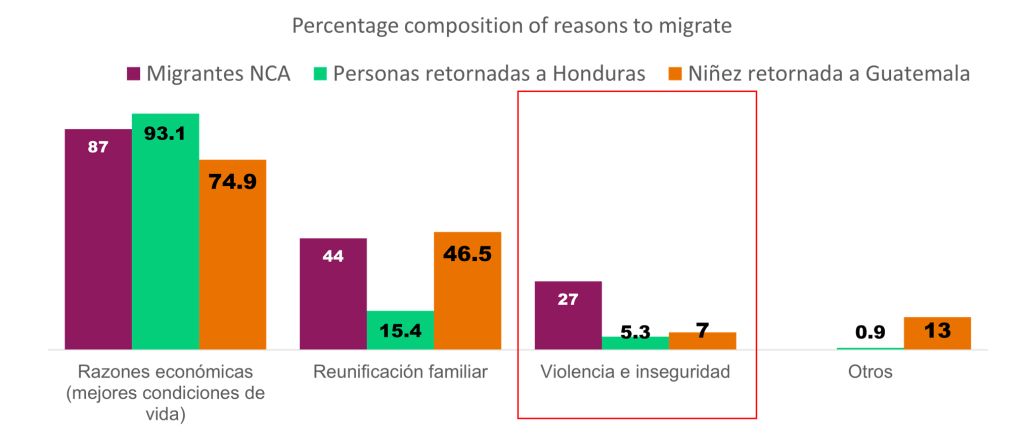
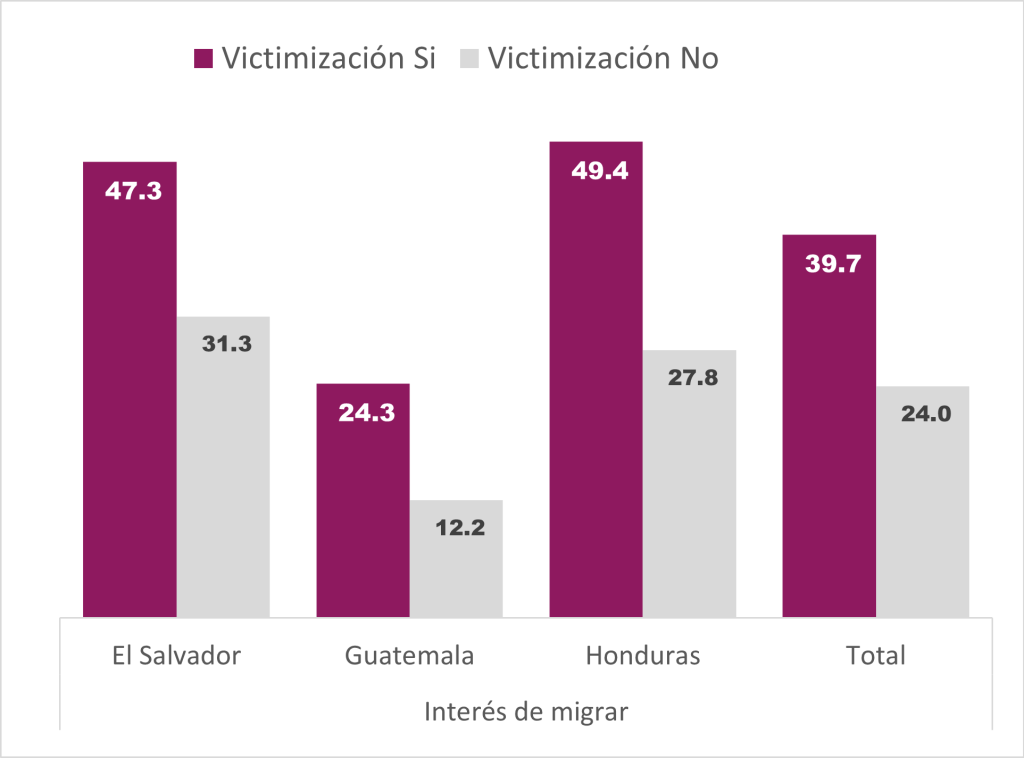
Migration involves the pursuit of a better life and opportunities, but sometimes it is forced upon people, due to violence and other vulnerabilities. As noted by the Secretary-General on the occasion of International Migrants Day, "the rights of migrants are human rights. They must be respected without discrimination and regardless of whether the movement of these migrants is forced or voluntary, or officially sanctioned."
Socio-economic instability, conflict and violence prevent people from expanding their life options and human development. When these threats and vulnerabilities materialize simultaneously, or if they overlap, the result is displacement, protection- or asylum seeking and unsafe migration. It is time to close the involuntary cycle of migration.


